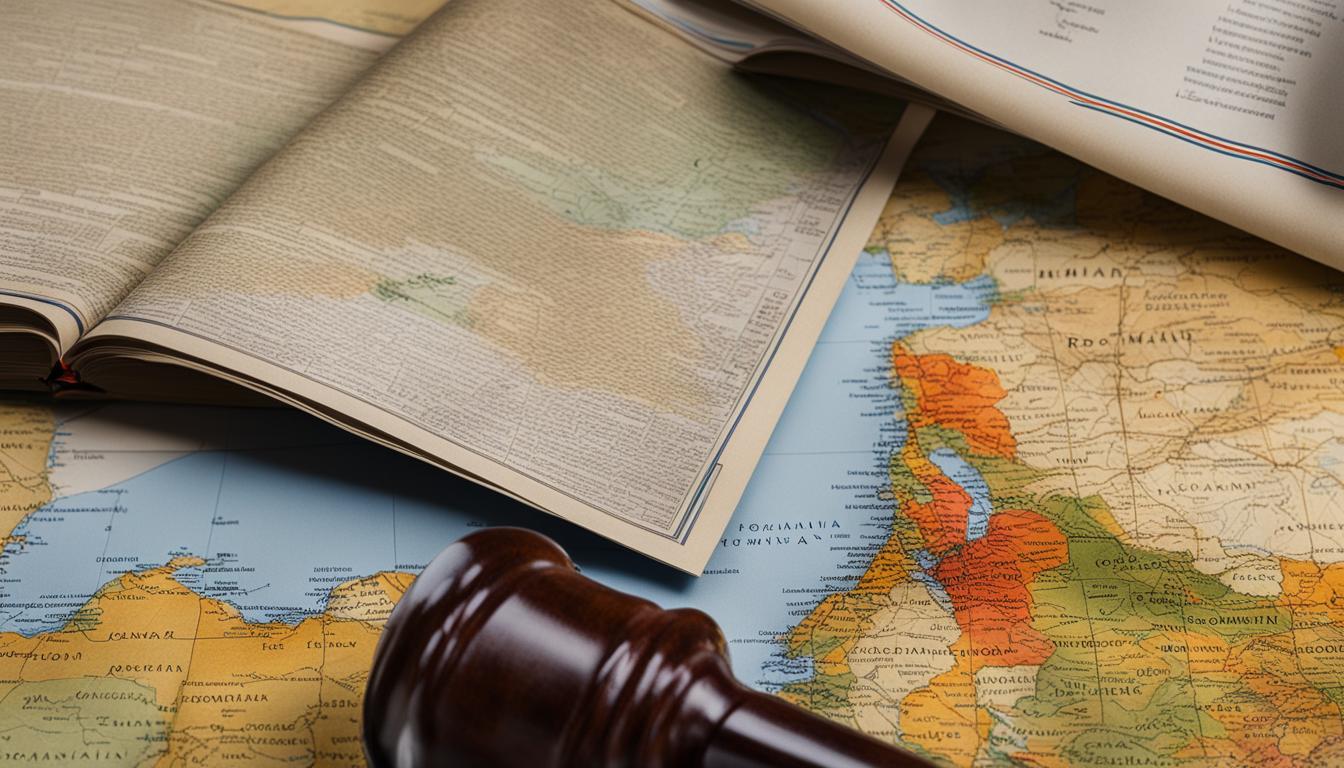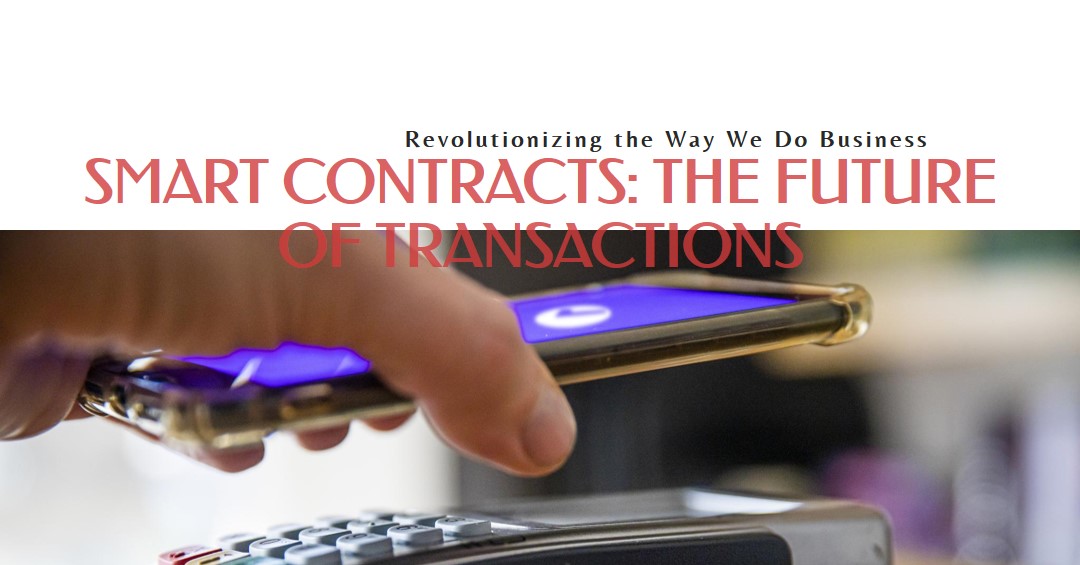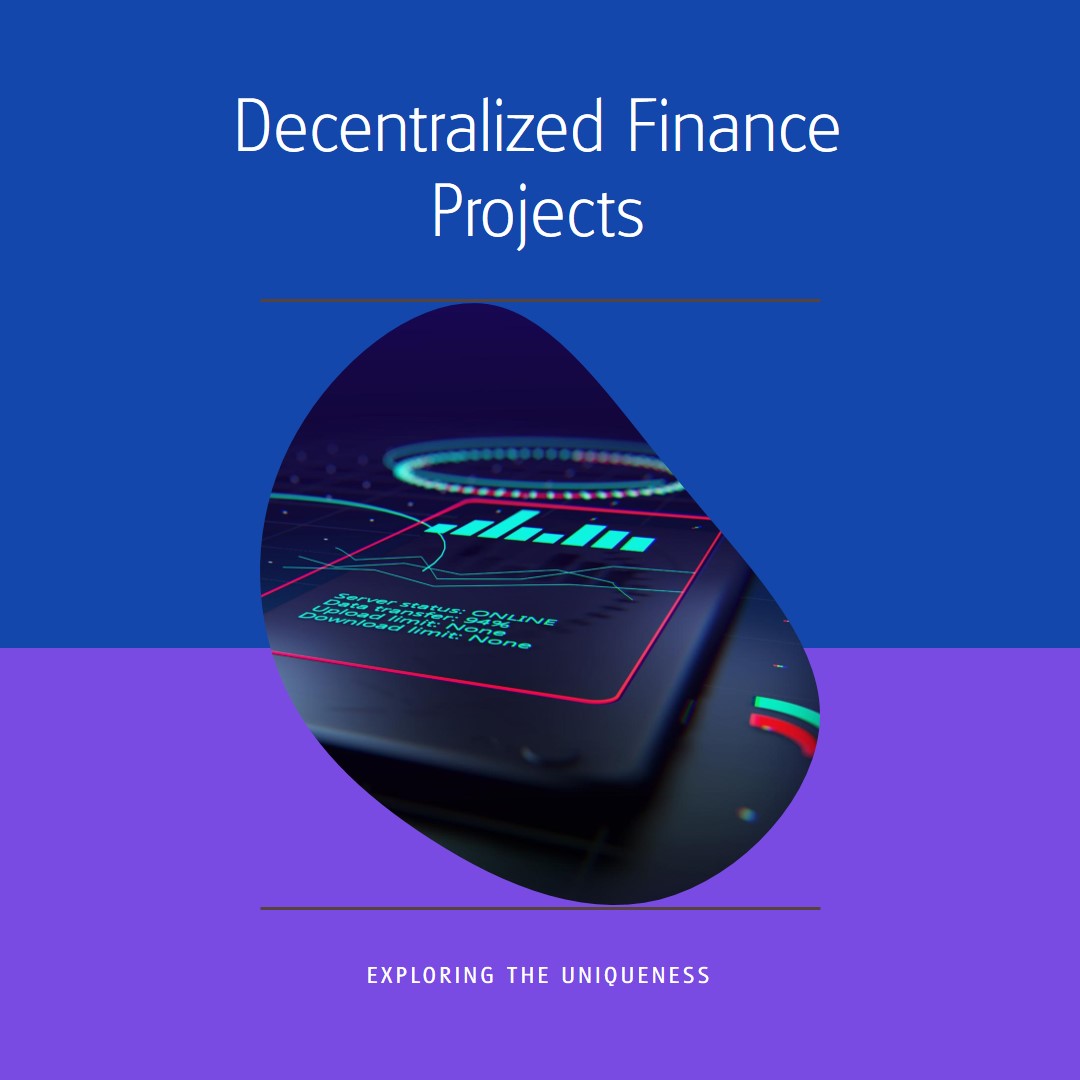AI Act in Europe: Regulating Artificial Intelligence
AI Act in Europe: Regulating Artificial Intelligence
Did you know the European Union is making the first-ever comprehensive AI law?
The AI Act is part of the EU’s digital strategy. It aims to make using AI safer for everyone.
It was proposed in April 2021 by the European Commission. The law puts AI into risk categories. It then sets rules to make sure AI is safe, clear, and doesn’t discriminate.
The AI Act also gives a clear definition of AI.
This starts a pathway for using AI responsibly and ethically in the EU.
The Purpose of the AI Act
The AI Act aims to spell out what AI developers and users must do.
This is especially for certain areas where AI is used.
It wants to make things easier and less costly for companies, mainly small and medium ones.
It’s just one part of many steps created to make AI trustworthy and safe.
The AI Innovation Package and the Coordinated Plan on AI are also part of this.
These efforts work together to make sure AI helps people and businesses without harming them.
The AI Act is key in the EU’s big digital plan.
It wants the good use of AI, following clear ethical and legal rules.
This law covers all the risks AI might bring.
It also bans using AI in ways that could hurt people or the whole society.
The AI Act aims to establish a robust AI regulatory framework, ensuring that AI technologies are safe, transparent, and accountable. It contributes to building trust in AI and creating a supportive environment that encourages innovation while protecting the rights and well-being of EU citizens.
The Role of the European Commission AI Policy
The European Commission helps set up AI rules in Europe.
Its goal is to make sure all EU countries have similar AI laws and rules.
This way, businesses and the public know what to expect across Europe.
This policy looks at AI’s big picture.
It wants to support new AI ideas but also keep people safe from AI harm.
By keeping a balance, the policy aims to boost AI benefits while watching out for any dangers.
Implementing AI Governance in Europe
Creating AI rules in Europe involves many groups working together.
This includes the European Commission, EU countries, and experts.
They all aim for AI rules that are the same and work well throughout the EU.
The AI Act helps make sure AI is used responsibly.
It tells AI makers and users their duties clearly.
This helps everyone work within known rules.
The European efforts also focus on checking that everyone follows these AI rules.
They want to protect companies and people.
Creating the European AI Office is part of this.
It helps make sure AI rules are followed and work together with EU countries on AI issues.
Now, let’s look at the AI Act’s risk-based approach in more detail.
This method puts AI types into risk groups, each with their own rules.
Knowing this approach well is key to making the AI Act work effectively.
Risk-based Approach to AI Regulation
In Europe, the regulation of AI is based on risks, set in the AI Act.
There are four risk levels: unacceptable, high-risk, limited, and minimal.
Specific rules for safe and ethical AI use come with each level.
Unacceptable Risk AI Systems
Systems with unacceptable risk, like those that control behavior, are banned.
The goal is to keep people safe and uphold their rights from harmful AI.
High-Risk AI Systems
AIs in critical places like infrastructure or education face strict rules.
The aim is to protect everyone from potential harm these systems may cause.
Limited Risk AI Systems
Systems with unclear workings need to be open about their limits.
This way, users know the risks involved, ensuring AI is used responsibly.
Minimal or No Risk AI Systems
AIs with minimal risk get less regulation to spark innovation.
In low-risk situations, there’s more room for creativity with these technologies.
The AI Act shows Europe’s push for balancing innovation with ethics.
It gives developers and users a guideline.
This ensures AI is used right, following the law and protecting people.
| AI System Category | Regulatory Approach |
|---|---|
| Unacceptable Risk AI Systems | Banned |
| High-Risk AI Systems | Subject to strict obligations and requirements |
| Limited Risk AI Systems | Required to meet specific transparency obligations |
| Minimal or No Risk AI Systems | Largely unregulated |
Europe’s risk-based AI rules give guidance to developers and users.
It helps make sure AI is used well, sparking innovation while keeping rights safe.
Obligations for High-Risk AI Systems
High-risk AI systems in key areas must follow specific rules, so they’re safe.
These rules are part of the European Union’s AI Act.
They aim to make sure AI is used responsibly in areas like infrastructure and jobs.
Conducting Adequate Risk Assessments
Those who make or use high-risk AI must look closely at the risks.
They need to check what could go wrong and find ways to stop those risks.
This looks at how AI might affect people, society, and our basic rights.
It makes sure the right protections are in place.
Ensuring High-Quality Datasets
Good data is key for AI to work well and fairly.
Makers and users of high-risk AI must make sure the data they use is good, fair, and honest.
Doing this makes sure AI programs are clear and do what they should.
Logging System Activity
The AI Act says that how high-risk AI behaves must be recorded.
This includes important events or anything that doesn’t seem right.
Keeping these records helps check if the AI is being used the right way and if there are any fairness issues.
Providing Detailed Documentation
Anyone working with high-risk AI must share lots of details about it.
They need to explain clearly what their AI does and what it can’t do.
This info must be easy for everyone involved to understand.
It helps people know how the AI will affect them.
Implementing Human Oversight Measures
The AI Act highlights the need for people to steer high-risk AI when needed.
Those involved must set up ways for people to step in and make sure things are going right.
This human touch is to avoid AI causing big problems or acting unfairly.
The AI Act also says high-risk AI must be kept in check all the time.
This includes checking it before it enters the market and while it’s being used.
Keeping a close eye ensures it follows the rules and doesn’t harm people or society.
People can complain to officials about AI if they think it’s not being used right.
This gives everyone a way to help make sure AI is used fairly and openly.
Be aware, AI that identifies people from far away is seen as high-risk.
There are very strict rules for these, except in special cases for keeping the law.
Transparency Obligations and AI Models
The AI Act sees the need for being open about how AI works.
This is critical for letting people know what AI is doing and building faith in these systems.
The law lays down rules for making AI use clear to everyone.
Disclosure of AI Systems
Enforced by the AI Act, AI systems like chatbots must say they’re not human but machines.
This makes it clear that people are talking to a robot, allowing them to decide how to best react.
Labeling AI-Generated Content
When AI creates content, it has to be marked so users can tell it apart from human-made content.
This label helps users know if the information they see came from an AI or a person.
Identifying Artificially Generated Text
The AI Act wants all AI-made texts to be labeled as such when sharing news or important info.
Letting the public know these texts were not written by a person keeps things honest.
Risk Management for Large AI Models
Big AI models pose big challenges, and the AI Act makes sure they are handled with care.
Those who work with such models must check for problems, report accidents, test them regularly, and keep them safe from cyber threats.
Protecting User Trust and Ethical Use
The aim of the AI Act is to keep users’ trust in AI high.
It wants people to be clear on what AI is and isn’t, and to make sure AI is used the right way and the safe way.
| Transparency Obligations | AI Models |
|---|---|
| Disclosure of AI Systems | Recognition of Large AI Models |
| Labeling AI-Generated Content | Risk Management Obligations |
| Identifying Artificially Generated Text | Cybersecurity Requirements |
Future-Proofing AI Legislation
The AI Act looks ahead and plans for the future of artificial intelligence laws.
It knows AI changes quickly.
So, it makes rules that can change with the tech, keeping AI safe and reliable for use.
Those who make AI must always check it’s safe and works well.
This makes sure AI keeps getting better without causing harm or ethical problems.
This law is key to the European Union’s digital goals.
It supports AI growth but always with ethical and safety rules in mind.
Fostering Innovation and Compliance
The AI Act helps new ideas in AI to grow while staying safe.
It gives a clear guide for making AI that follows the rules.
The EU’s plan is to mix new tech with safety.
It wants to both encourage new AI and make sure it plays by the rules.
In the words of Commissioner Margrethe Vestager, “[The AI Act] allows Europe to set the standards worldwide, and we also have the safeguard that we can adapt the rules only if they keep up with the technology. So it will be the other way around: legislation leading innovation.”
The EU aims to lead in making AI rules that help tech grow. It wants to promote safe, ethical AI in its countries through smart laws.
Enforcement and Implementation
The European AI Office, set up by the Commission, ensures that the AI Act is followed.
This office is key in making sure everyone sticks to the rules.
It works with EU countries to create the best AI management system.
Its main goal is to make AI tech that respects human dignity and rights and builds trust.
It also encourages working together, innovation, and research in AI.
The office is also big on talking with others around the world about AI rules.
It helps set global standards and shares good ways of working.
In Romania, both businesses and regular people can get help from tech and AI law experts.
These experts really know the AI Act.
They give advice that helps keep things legal and understand the complex AI rules.
Timeline and Next Steps
The European Parliament and the Council of the EU got the AI Act done in December 2023.
Now, they are making it official and translating it.
It starts working 20 days after it’s published in the Official Journal. But, some parts, like bans and rules, will start before that.
The Commission started the AI Pact to help folks move to the new rules.
This pact asks companies to follow the main rules of the AI Act even before it’s fully in effect.
People who make AI and businesses in the EU must follow this new law.
They must keep an eye on tech laws changing in the EU too.
Impact on AI Innovation and Development
The AI Act and other EU policies help AI innovation and growth by providing a supportive environment.
They aim to make sure AI is used responsibly.
The EU’s digital strategy is designed to boost AI while keeping safety, rights, and ethics at the forefront.
The AI Act and related guidelines set a base for trust and following key ethical and safety rules.
These measures want to make things easier for companies, especially SMEs, by cutting red tape.
The AI Act gives firms a clear guide, making the AI business fair for everyone.
The EU stresses building trust and meeting high ethical and safety standards to fuel AI innovation and attract money.
A fair and clear regulatory framework helps companies and investors feel safe about using and backing AI.
The AI Innovation Package backs up the AI Act by funding AI research and innovation.
It boosts teamwork, and encourages using AI in many areas like healthcare, farming, and public services.
Aligned with the EU’s digital strategy, these policies work together to speed up AI use and innovation.
They help the EU stand out as an AI leader globally.
This is all about using AI well to help the EU’s people and businesses.
Key Highlights:
- The AI Act and related policies support AI innovation and development in the EU.
- The regulatory framework ensures safety, fundamental rights, and ethical principles in AI applications.
- Reducing administrative burdens for businesses, including SMEs, is a priority.
- Fostering trust and compliance with ethical and safety standards strengthens AI uptake and investment.
- The AI Innovation Package promotes research, collaboration, and adoption of AI solutions across sectors.
- The EU aims to become a global leader in the responsible and innovative use of AI technologies.
Conclusion
The AI Act is a big step in overseeing AI in Europe.
It lays out what’s needed from those making and using AI.
It sorts AI into risk categories and says what’s needed for high-risk uses.
The goal is to make sure AI is safe, open, and ethical, guarding essential and digital rights in Europe.
It takes a careful look at risks in AI.
It guides AI users on how to follow the rules.
For high-risk AI, it says to check for dangers, use good data, and make sure people are overseeing it.
This way, the EU supports honest AI that also drives innovation and looks out for everyone’s needs.
The AI Act fits with other EU rules like the GDPR, aiming to manage AI’s risks.
It focuses on protecting data while allowing innovation.
By this, the EU leads in creating rules that care for people and companies in the digital era.
The EU shapes tomorrow’s AI rules with the AI Act.
It offers clear steps for making and using AI right.
This fits the EU’s aims for digital growth, guarding digital rights and keeping data safe.
The Act shows ahead-thinking in managing AI in Europe, pointing the way for other places to responsibly use AI.
FAQ
What is the EU Artificial Intelligence Act?
The EU Artificial Intelligence Act is a regulation on artificial intelligence proposed by the European Commission, aiming to create a legal framework for the use of AI within the European Union.
How does the EU Artificial Intelligence Act define high-risk AI systems?
The EU Artificial Intelligence Act identifies certain criteria that classify AI systems as high-risk, including generative AI, biometric identification, and general-purpose AI models.
When is the EU Artificial Intelligence Act expected to be implemented?
The EU Artificial Intelligence Act is scheduled for implementation in 2024, following the approval by the European Parliament and the member states within the European Union.
What are the transparency obligations under the EU Artificial Intelligence Act?
The EU Artificial Intelligence Act mandates transparency obligations for the use of AI, ensuring the protection of fundamental rights and establishing market surveillance mechanisms.
How is trustworthy AI defined within the EU Artificial Intelligence Act?
The EU Artificial Intelligence Act defines trustworthy AI as AI that complies with the regulations set forth in the act, promoting the use of AI systems that prioritize ethical considerations.
What is the role of the AI Office in the context of the EU Artificial Intelligence Act?
The AI Office is an entity established by the European Union to oversee the implementation and enforcement of the EU Artificial Intelligence Act, ensuring compliance with the set regulations.
What are the main objectives of the EU Artificial Intelligence Act?
The EU Artificial Intelligence Act aims to create a comprehensive legal framework for the use of AI within the European Union, addressing issues related to high-risk AI systems and promoting the development of general-purpose AI systems.
How does the EU Artificial Intelligence Act impact AI applications within the EU?
The EU Artificial Intelligence Act establishes guidelines for the use of AI applications in various sectors, including healthcare, finance, and transportation, ensuring that AI technologies comply with the set regulations.
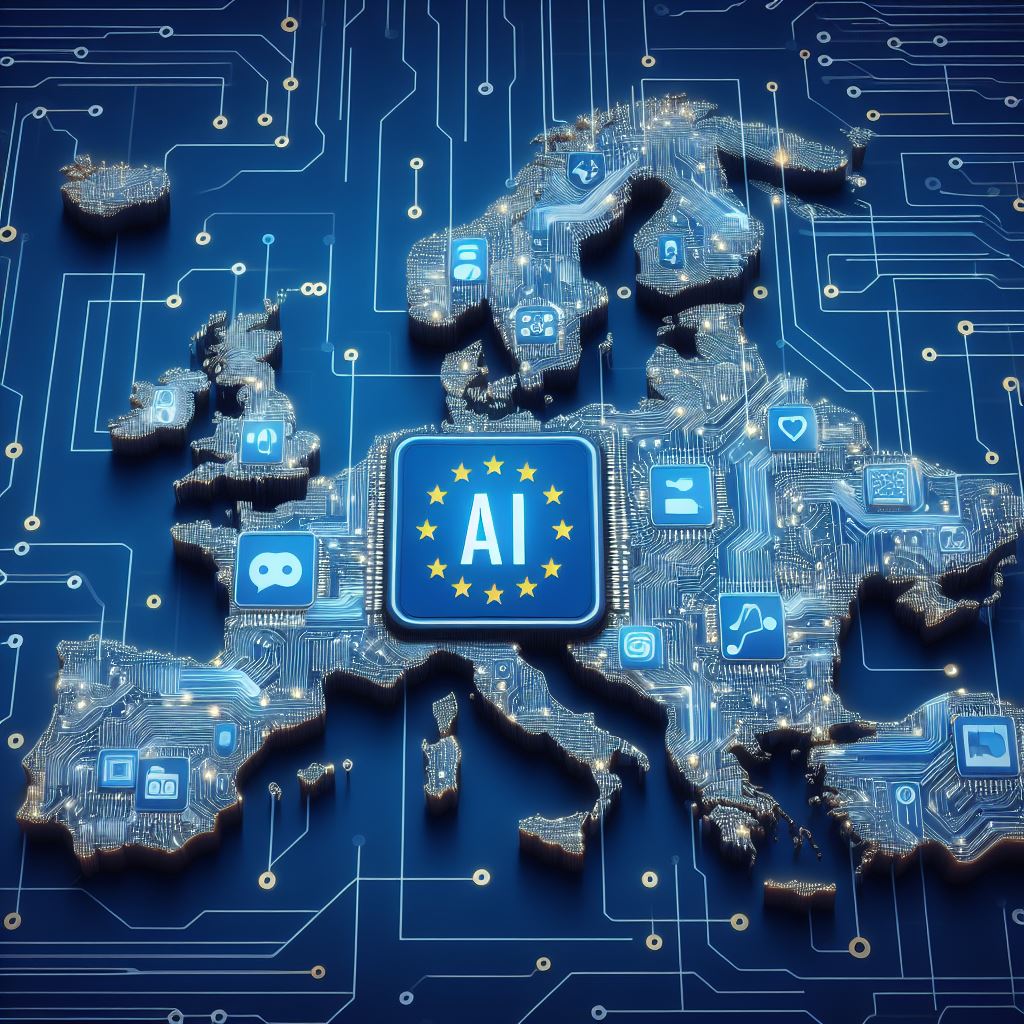



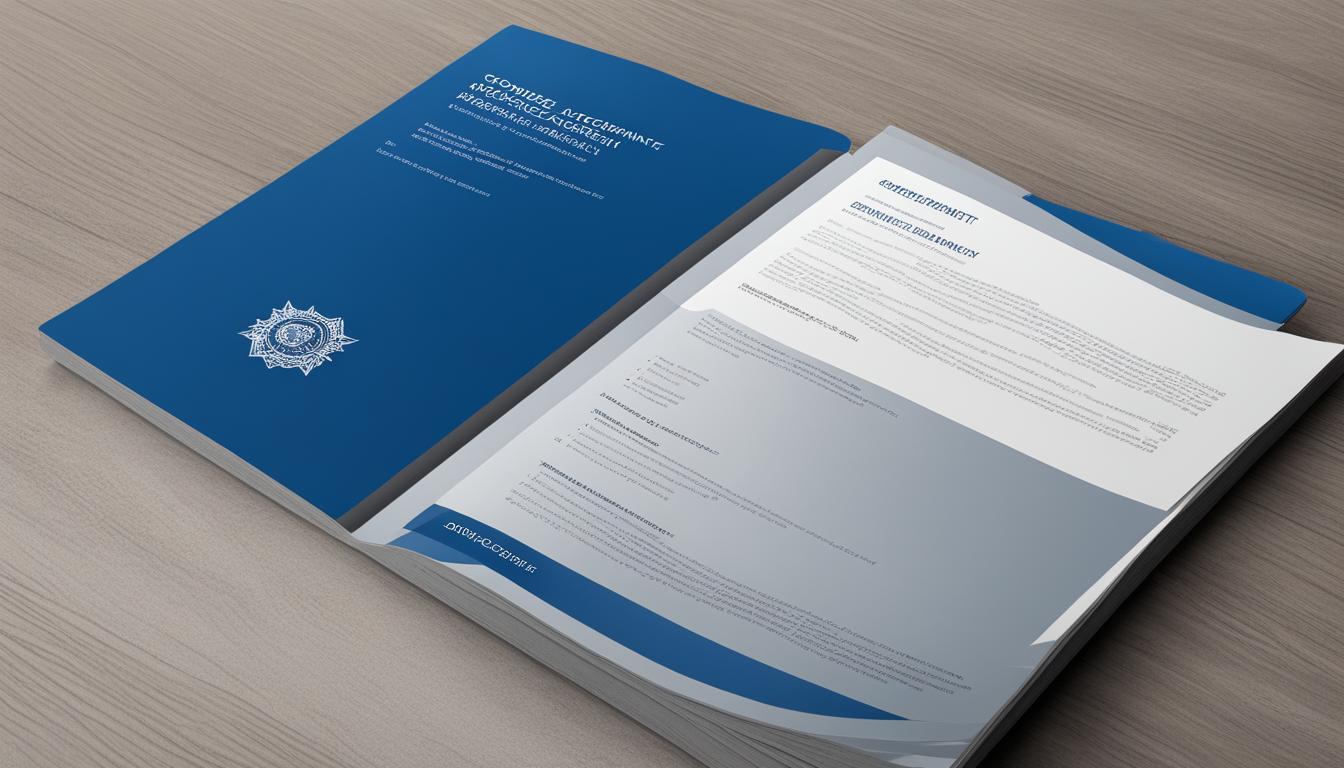




 Market Channels for AI and ML Software Development Services in Romania
Market Channels for AI and ML Software Development Services in Romania